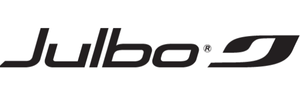
words by Haley Batten // photos by Michele Mondini
The terrain in Leogang, Austria, is just as demanding as you can imagine when you look up at the immense, rocky peaks that surround the valley of the World Cup venue. Steep—both uphill and down—with roots, slippery chutes, and relentless climbs. The course is seriously hard in a way that I believe all world-class competitors crave, testing the leg- and lung-burning training plan we’ve been working through since the winter, determined to prove ourselves as best in the world.




